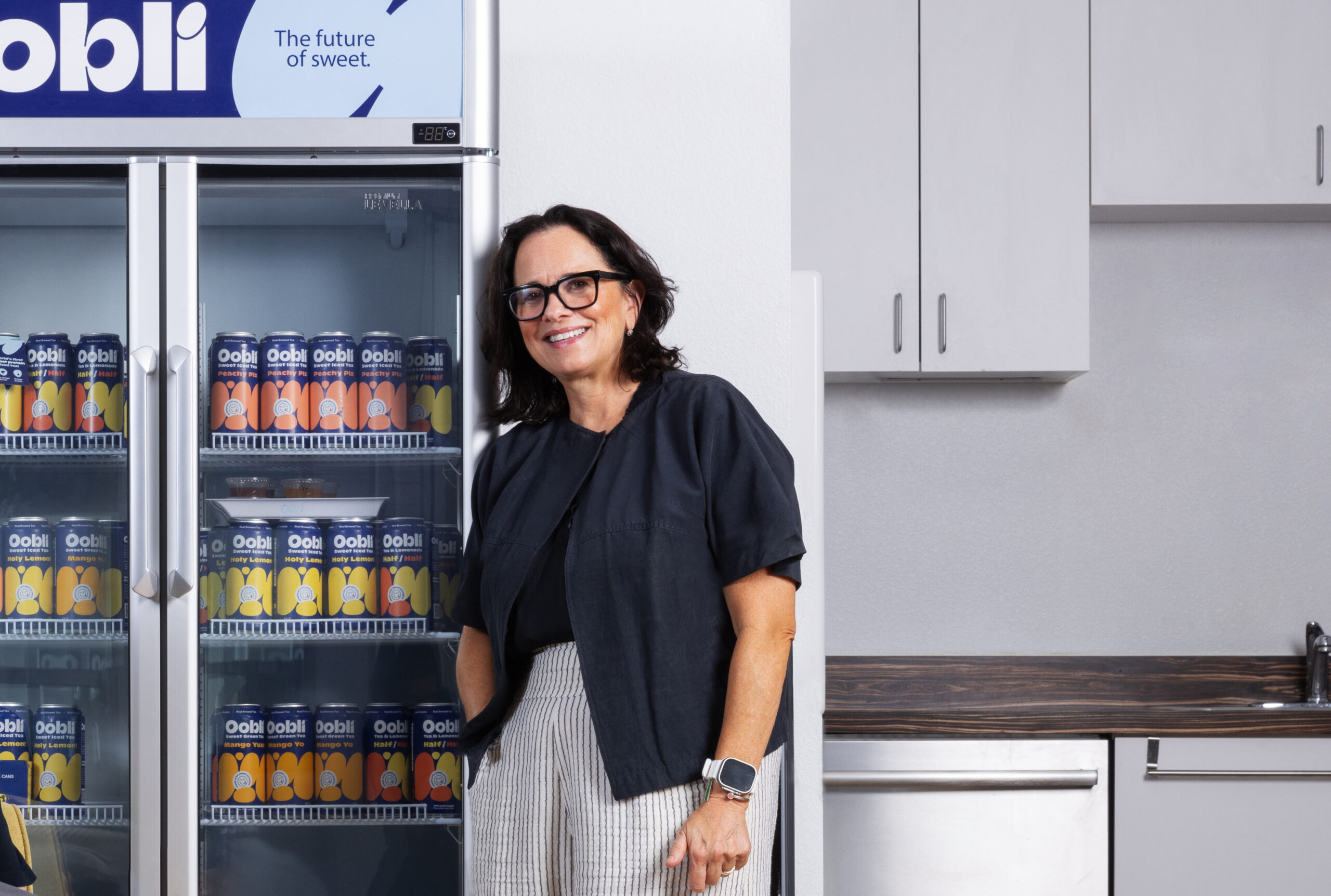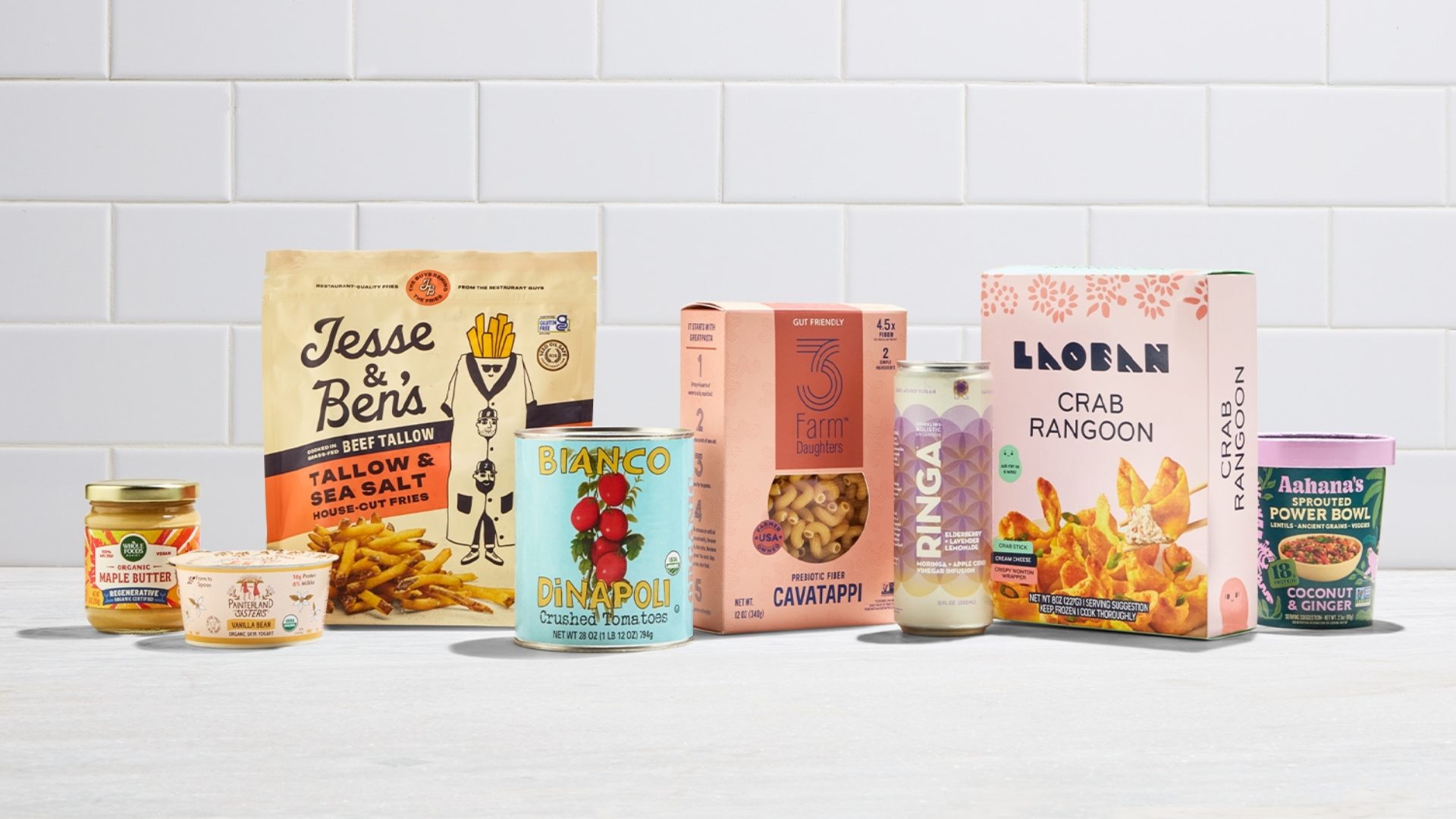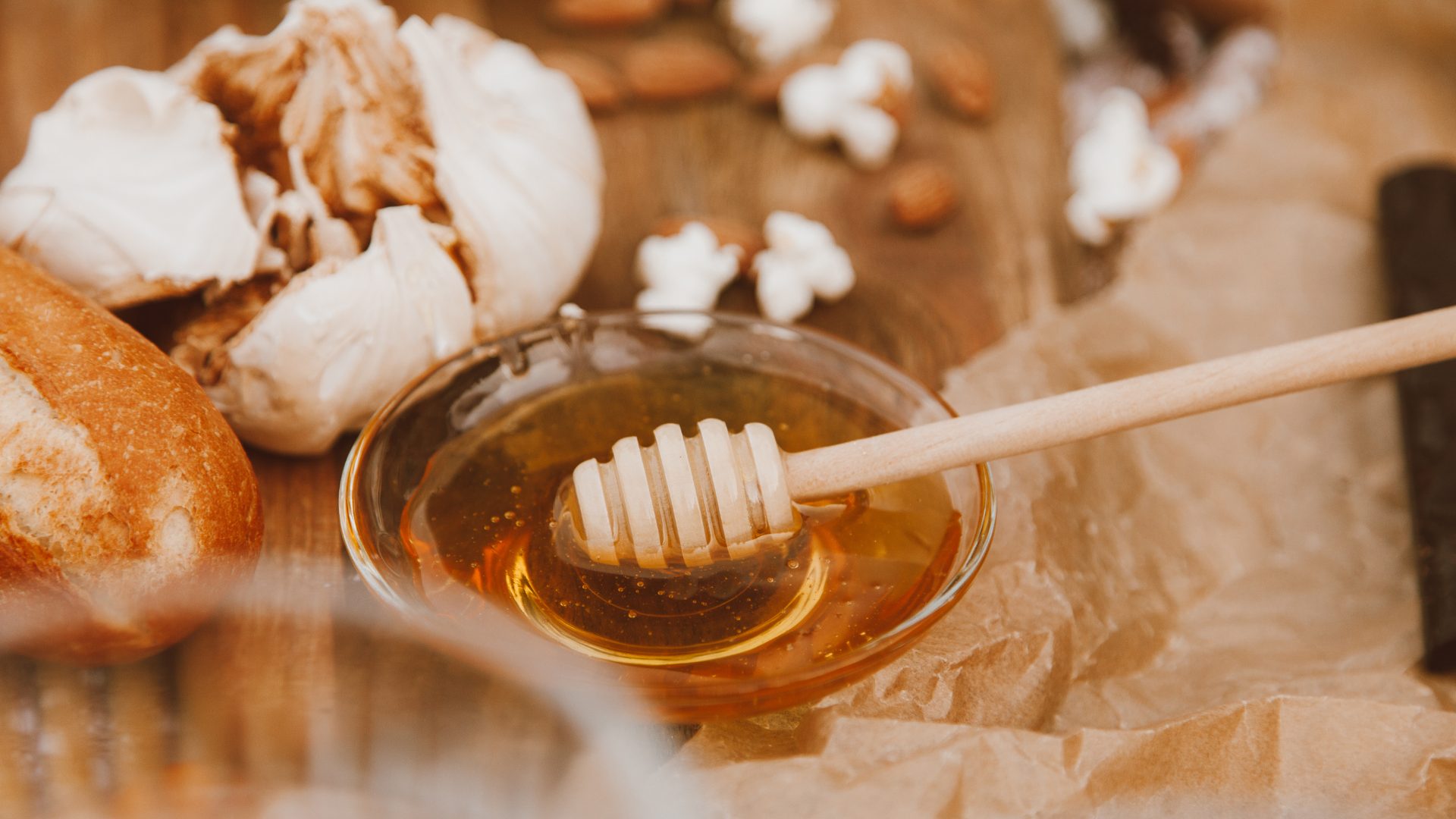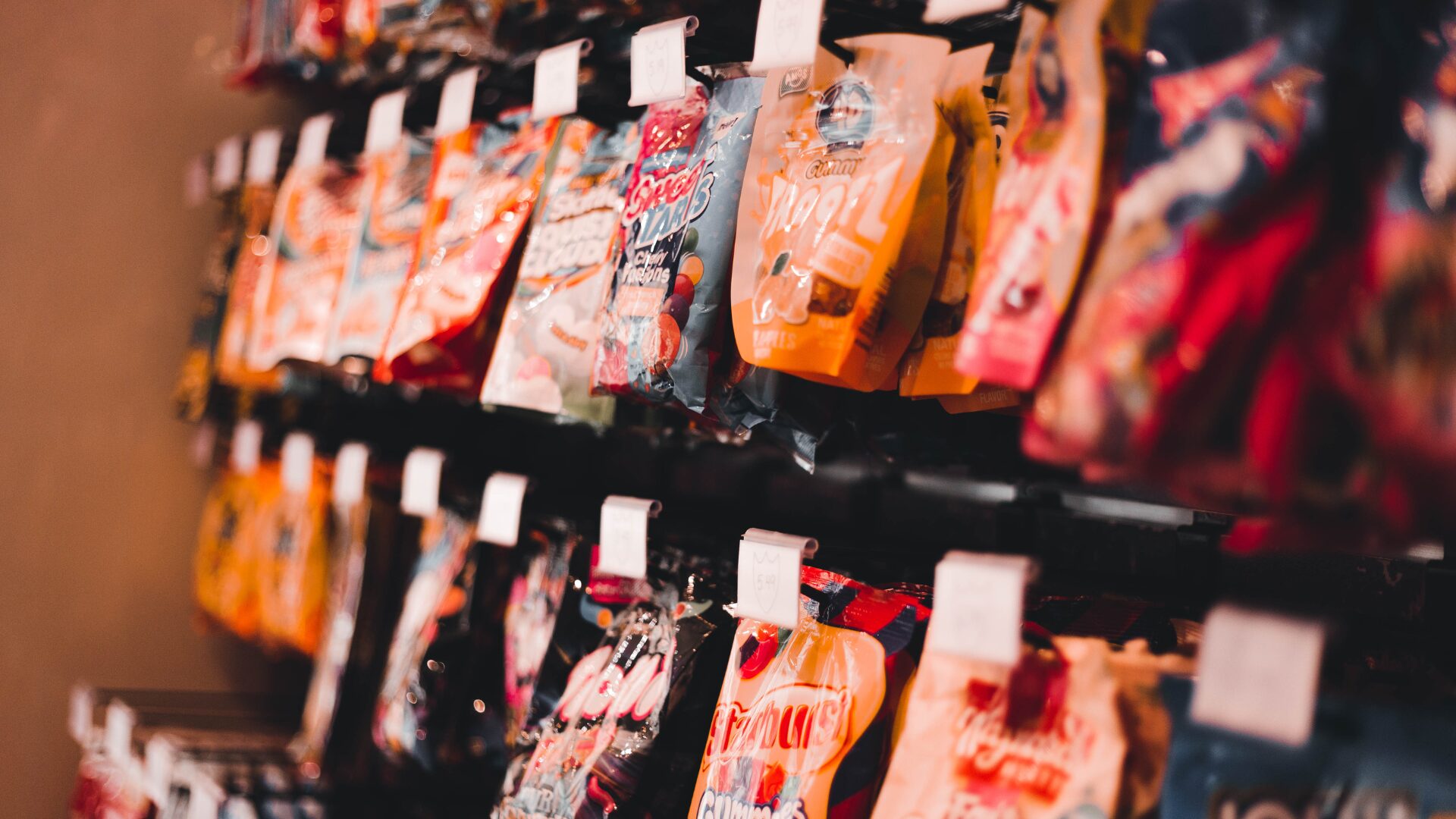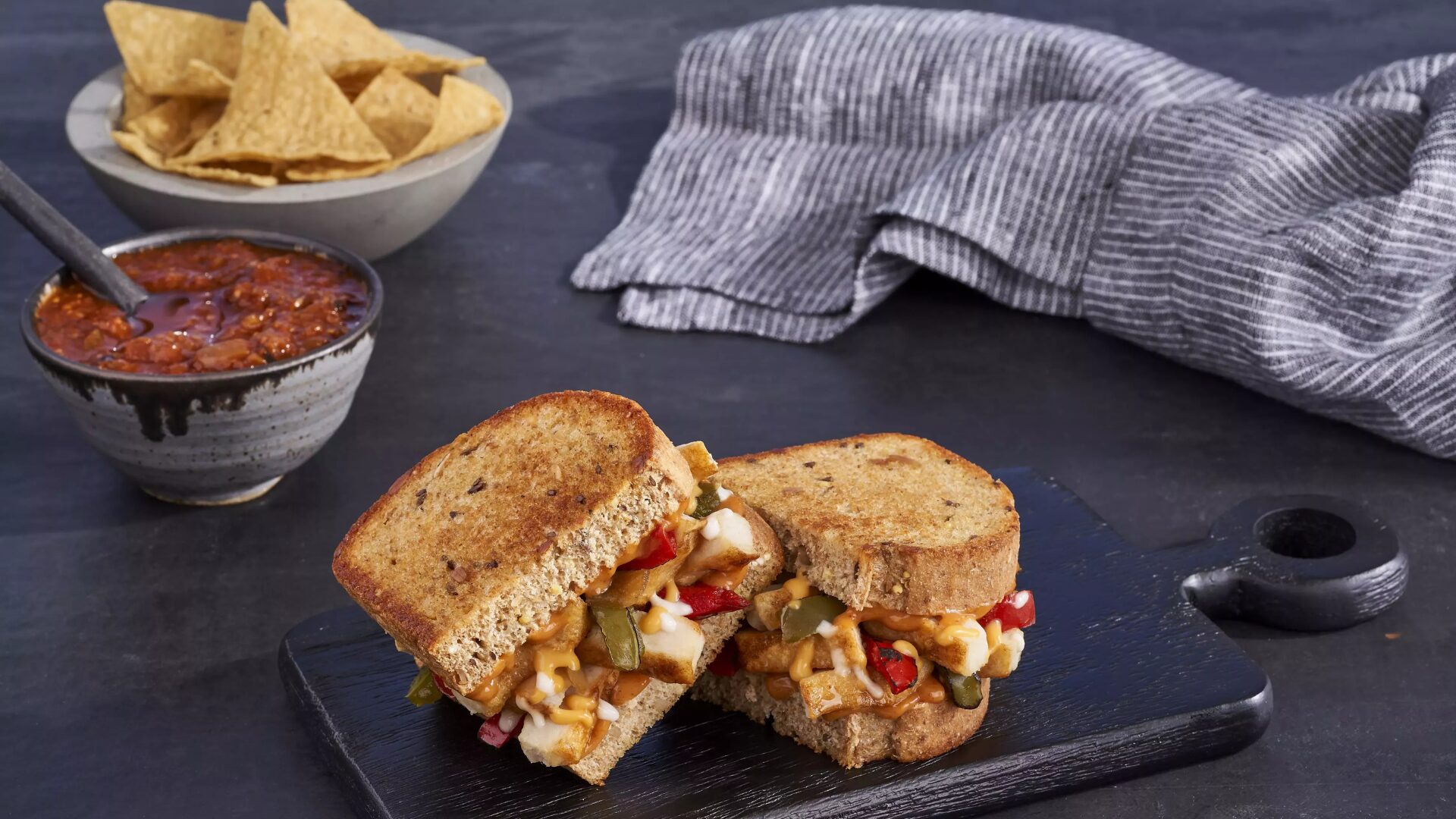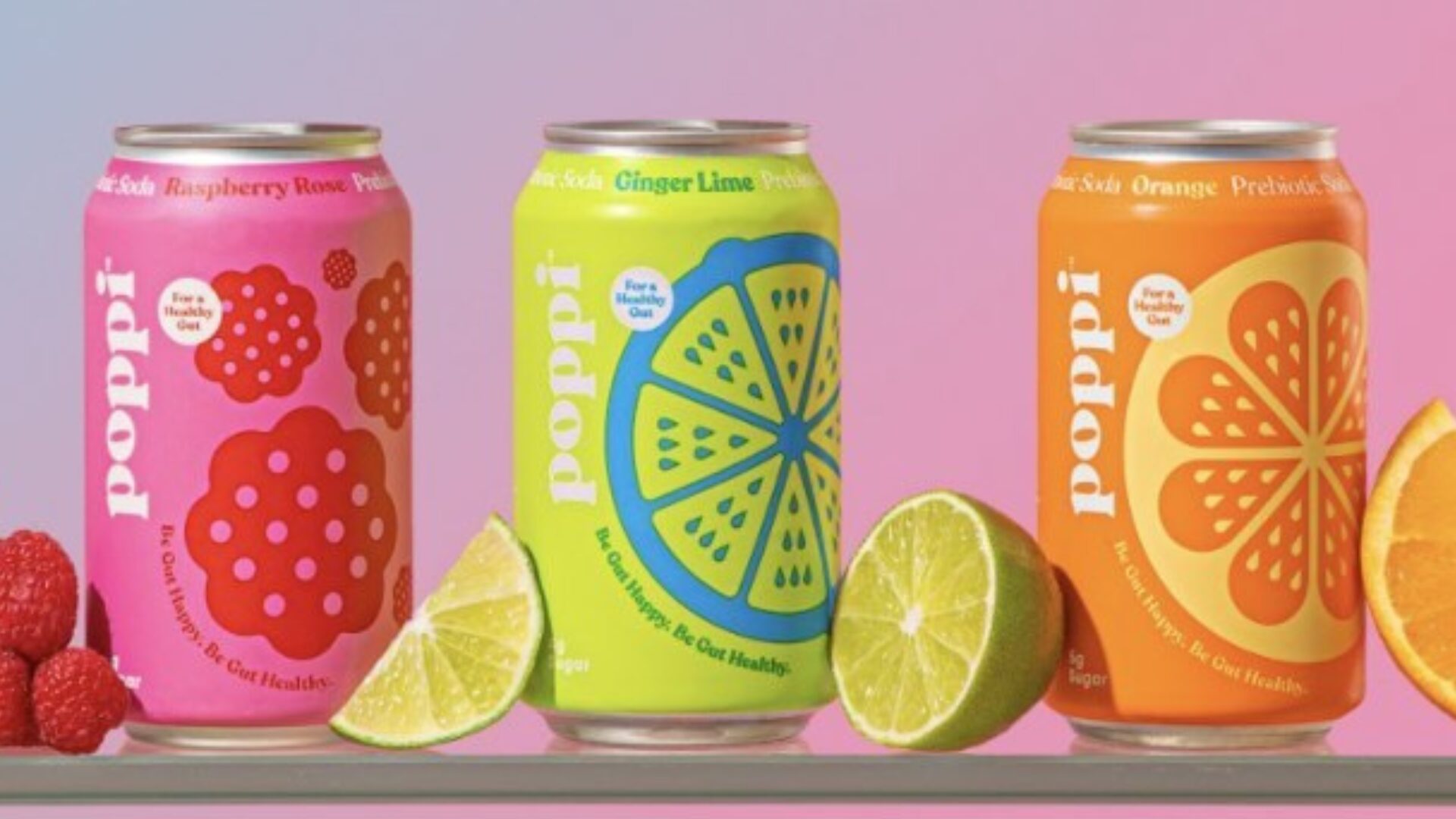Ali Wing requires little motivation to start her workdays. As the CEO of biotech platform Oobli, Wing is inspired to improve the public’s approach to snacking.
“I wake up each day to try and help contribute to bending the global health curve,” Wing recently told The Food Institute. “We crave sugar biologically, and we have a modern food system that’s very good at responding to our desires.
“The result is it’s too easy to overeat.”
More than anything, Oobli aims to unlock methods to solve the world’s sugar problem.
“We need a mass solution for our sweet tooth,” Wing said. “And I think fermentation gives us that.”
Oobli recently became the first company to receive an FDA “no questions letter” for a novel sweet protein – brazzein – produced via precision fermentation. Also referred to as “Oubli Fruit Sweet Protein,” brazzein has been recognized as safe to use as a sweetener. Wing’s employer has a dozen “sweet proteins” on its platform, but brazzein, to date, has garnered the most attention. Brazzein’s biggest selling point, arguably, is it has virtually no aftertaste, unlike long-used sugar alternatives like stevia.
Wing thinks of sugar a bit like fossil fuel – it’s a natural resource that needs to be used better.
“One of the ways we can do that,” the CEO said, “is by having less (sugar) in our products. The way we’re tackling this – or at least it’s one part of the solution – is by bringing sweet proteins to market as something that can materially replace a lot of sugar in foods. And, because they’re a protein and not a sugar or sugar alternative or carbohydrate, they have a very different metabolic impact.”
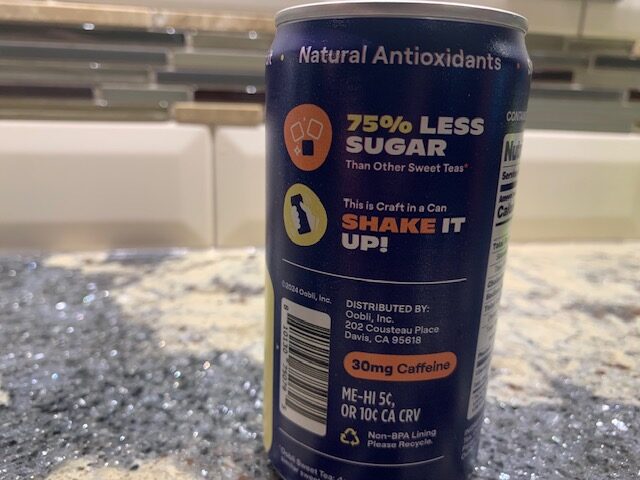
courtesy OobliBrazzein is a sweet-tasting protein found in nature in the fruit of the West African Oubli plant. According to ScienceDirect.com, brazzein is a soluble protein with a sweetness that’s approximately 1,500 times greater than sucrose.
“We take the plant DNA and we have a fermentation platform, a lot like what you would have done with cheese or dairy or beer for years,” Wing explained. “But we teach our yeast how to grow that protein.
“We keep the flavor (consumers) want and then take as much of the sugar out,” Wing said, so “it’s unrecognizable for at least four out of five consumers in a sensory test.”
Oobli, which was founded nearly a decade ago, launched its first consumer products at Expo West 2024 in March and is in the middle of a rollout with larger retailers. Oobli products like sweet teas, lemonades, and chocolate bars can already be purchased online. The brand also recently secured a partnership with multinational food company Grupo Bimbo.
“We’re working with very large companies to help fix products – to map their existing formula to one that can have some reduction of sugar,” Wing explained.
Oobli acknowledges that it’s human nature to crave sugar. The company simply seeks to help consumers reduce their sugar intake with ingredients like brazzein (and strawberry puree, organic agave syrup, and more).
“We’re not anti-sugar,” Wing said. “We actually think sugar is really important and lovely. It just needs to be used at smaller doses. We want to give a win-win. We think (sweet) proteins can be a win-win. That’s really the magic – to give you that sort of sweet satisfaction in a way that’s much cleaner for your body.”
The Food Institute Podcast’s “Foodservice Gamechangers” Series
Get to know the men and women behind the scenes of foodservice distribution in a new, limited series from The Food Institute Podcast called “Foodservice Gamechangers.” Recently, Pat Mulhern, advisor to The Food Institute, sat down for brief conversations with seven of the most influential foodservice merchandising and distribution leaders. Highlighting their food career journeys and management styles, the conversations feature insightful thoughts on what may lie ahead for manufacturers, distributors, and operators in foodservice.


